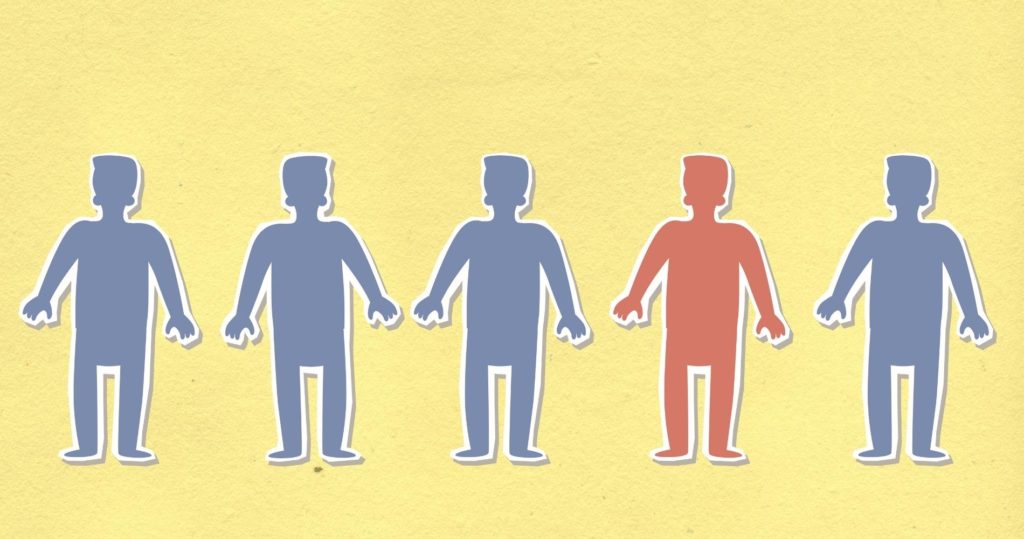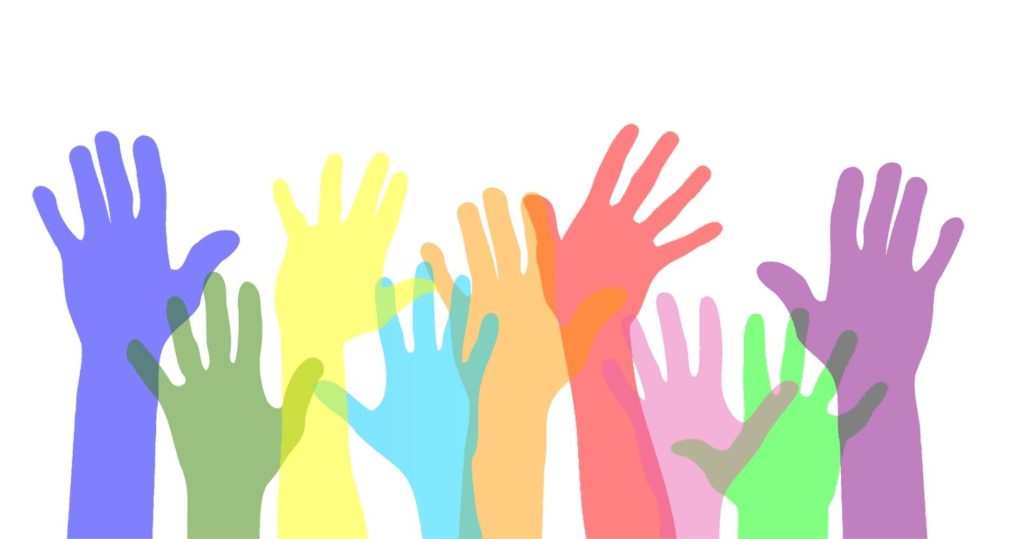Imagine being extremely smart, but frustrated because you don’t quite fit in. Or being unable to engage with your peers because you just don’t understand how. You’re confused, and being a teenager doesn’t help.
The teen and young adult years are rife with change and angst as it is, without the feeling that you’re behind. You know you’re different, but many people don’t seem to understand why, and you definitely don’t.
What do you do?
These are some of the many questions and concerns twice exceptional teens and young adults face each day.

What Does it Mean to be Twice Exceptional?
People who are twice exceptional, also known as “2e,” are those who are simultaneously gifted and differently abled. 2e individuals are considered “exceptional” because of this combination of intellectual talents and special needs.
Typically, 2e individuals may experience struggles in areas of learning, speech and language, behavior and emotional, physical limitations, or being diagnosed w/autism spectrum disorder or attention deficit hyperactivity disorder (ADHD).
If you think your child or a child in your life could be twice exceptional, this resource might be helpful in seeing the signs and how they can appear during childhood.

How Do Teens & Young Adults Exhibit Twice Exceptionality?
As children grow to become teens and young adults, they experience a whirlwind of change. It’s a time of figuring out who they are, what they believe, what they want to do, and who they want to be.
But 2e teens and young adults face additional challenges that their neurotypical counterparts don’t. Because they’re both gifted and coping with with being differently abled, they’re often ahead of or behind their peers in one way or another.
Physical and intellectual development don’t happen at the same rate as emotional and social development. This phenomenon, called asynchronous development, means that 2e young people often far surpass their peers intellectually but can be quite far behind socially and developmentally. As you can imagine, this is a very frustrating experience during a time when fitting in and feeling equal with your peers is of the utmost importance.
While being twice exceptional can be difficult to identify, there are some common signs you can look for in your teen or teens you’re close to.
Frustration
Many young people who are twice exceptional have trouble with executive dysfunction. Essentially, the processes that allow an individual to stay focused, pay attention, and adjust their behavior are underdeveloped.
Teens with low executive functioning skills often don’t meet “normal” social and emotional standards. Mental processes such as being able to complete tasks, learn new things, and adapt to new social situations are difficult. This often leads to immense frustration.
Because the young adult years are a time of growth and the beginning of more self-awareness, it can be frustrating for 2e teens who realize they’re as smart as, if not smarter, than their peers, but can’t seem to meet others’ expectations or their own.
Anxiety
When a teen is highly gifted, they’re often much more advanced in some ways than others their age. Due to asynchronous development, their intellect is highly developed, but their social and emotional skills are lacking.
There’s frustration that others aren’t learning or “getting it” as fast as the 2e teen, and anxiety of perfectionism. Twice exceptional young adults often push themselves and focus so much on achievement that it can be anxiety-provoking to make a mistake or fail to meet expectations.
There is, of course, the constant awareness of difference. 2e teens know they’re different, which is difficult to deal with as a young person, but especially a young person who has cognitive differences. No one wants to feel like an outcast, but twice exceptional individuals often can’t quite make the connection of how to be more like their peers or why their peers aren’t more like them.
Struggle with Age Appropriate Tasks
There are certain benchmarks and behaviors that mark every age. Many times, a young person being able to do specific tasks and cognitive processes can be a good indicator of their development and growth.
But for twice exceptional teens, some tasks prove to be a struggle. A 2e young adult may be incredibly talented at math or art, for instance, but have difficulties with turning in assignments on time or paying attention to a lesson they already understand.
These obstacles can seem like laziness or disruptiveness, but in reality these talented young people just need a different kind of learning experience, sometimes less chaotic than a traditional classroom.
Low Self-Esteem
Many teens struggle with low-self esteem. Whether from bad experiences at school or at home, it’s not uncommon for teens to question their worth as they’re trying to find their place in the world.
2e teens face more complex challenges because of their gifts and unique struggles. They may be left out or ostracized from social groups because of their differences. Being left out and constantly recognized as different can feel like they’re not good enough how they are.
Some behaviors stemming from their gifts may also be disruptive to others and detrimental to their own progress. Adults and authority figures often express that they “should” be able to do tasks they simply can’t or really struggle to do. This can be hard to cope with and lead to an attitude of “I should be able to do this, but I can’t. What’s wrong with me?”
Still Doing Teen Stuff
Although twice exceptionality comes with many differences, it’s important to recognize that these young adults are still exploring themselves. They’re still figuring out and developing their personality, interests, and sexuality.
They may have a different path, but they’re still growing up like everyone else. They’re just navigating through different obstacles than many of their peers.

5 Ways to Support Your 2e Teen or Young Adult
If your teen is twice exceptional, or if you have 2e young adults in your life, there are many ways to support them as they grow. These five actions are some of the best you can take do to support the 2e teens in your life:
- Be an advocate
- Learn about & research the 2e experience
- Collaborate on tasks at home to promote cognitive learning
- Allow them to feel their big feelings
- Provide outlets for activities they love that aren’t related to school (such as art or a sport)

